November 13, 2023
Leading companies and executives have joined forces to tackle rising environmental challenges in Australia, launching a Sustainability Tech Coalition built on cross-industry collaboration.
The first-of-its-kind initiative will leverage a collective commitment on the issue of addressing climate change to set a new sustainability agenda through joint industry action and innovative technology solutions.
Launch members were hand-selected and represent market-leading vendors, partners and media – Schneider Electric, Cisco, Data#3, Microsoft, Moxie Insights and NTT.
“In Zulu, there is a philosophy called ‘Ubuntu’ which translates to, ‘I am because we are’ – this means that we are intrinsically linked as humans,” outlined Astrid Groves, General Manager of IT and Edge at Schneider Electric. “I can’t be all that I can be unless you can be all that you can be.
“That’s how sustainability works because no single organisation can stand up and make a difference. This Coalition is about standing up together and being intrinsically linked by a unified responsibility to make an impact and instigate change.”
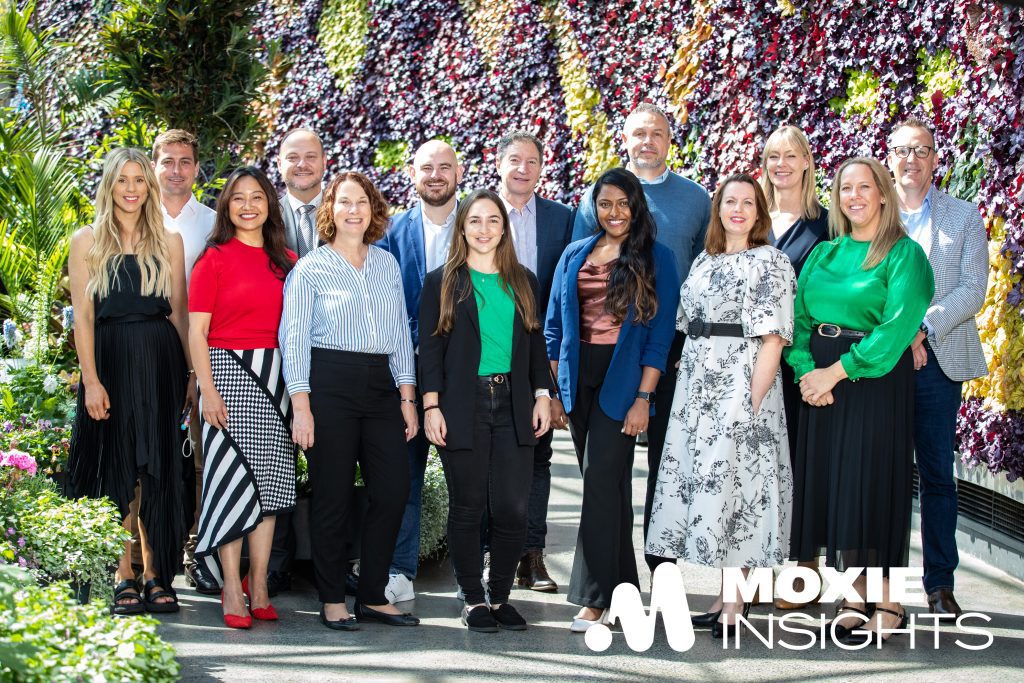
The Coalition was officially launched during an executive workshop at The Calyx in Sydney, an intimate forum designed to create a framework aligned to:
“This Coalition is not based on a one or two-year vision – we view sustainability as our permanent mission and mandate,” Groves added. “This is about a higher purpose and acknowledging that we are linked through our humanity. We want to ensure that we have a positive impact towards tackling climate change.”
Within that context, the Coalition will seek to democratise access to sustainability information irrespective of size or sector, working with enterprise and government but also acknowledging the importance of more than 2.5 million small to medium-sized businesses (SMBs) across Australia.
“Partners are challenged in understanding how they can help customers with sustainability and customers want to act but don’t know where to start,” Groves observed.
“We’ll create a knowledge hub and central location for that guidance and help to clear the mud in terms of advancing the sustainability agenda. Whether buyers or sellers of technology, it’s important to cut through any form of greenwashing.”
At launch, key areas of focus include green data centres, energy efficient technologies, supply chain sustainability and e-waste management, complemented by a cross-industry commitment
to training, advocacy and standards.
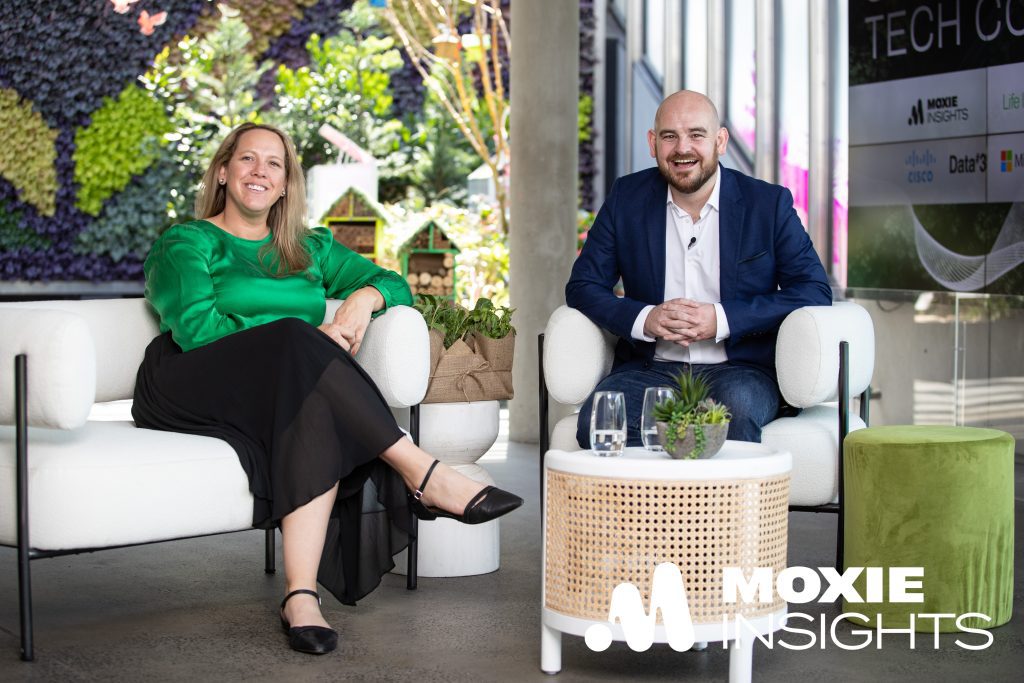
“This is our statement of intent,” shared Cherry Yumul, Strategy Director at Moxie Insights. “Our core mission at Moxie Insights is to elevate people and businesses and that is aligned to the vision of this Coalition.”
According to Yumul, the launch workshop was critical in creating alignment among members on the core purpose of the Coalition – “establishing what it will be and what it won’t be”.
“We achieved clarity on that vision and more importantly, documented the tangible next steps ahead and a cadence moving forward,” Yumul added.
As noted by the World Economic Forum, shared principles and collective action are the leading building blocks of a sustainable and global economy. Such sentiment is echoed by the United Nations, which also outlines the importance of leveraging technology to further environmental ambitions.
“There is a strong emphasis on the role of data and digital technologies to either create or accelerate sustainability outcomes,” explained Rik Irons-Mclean, Worldwide Sales Enablement Lead, Sustainability at Microsoft.
“This is supported by the need for collective action because no single organisation can solve this on their own. It’s exciting to see these technology companies come together to leverage our skill-sets in a collective way to help the industry move forward with their sustainability ambitions.”
Echoing such observations, Kingsley McGarrigle – State General Manager and ESG Lead at Data#3 – highlighted a “very clear connection” between the deployment of digital technologies and the execution of sustainability strategies as businesses attempt to meet carbon neutral and net-zero outcomes.

“As an industry, we play an important role and this Coalition represents a positive first step on that journey,” he added. “We have top-down executive support for sustainability as an organisation.
“Our board and our CEO recognises the importance of being a sustainable and net positive business which is effectively giving back more than we take. We are privileged and honoured to join this Coalition.”
For the Coalition to be successful, credibility, authority, consistency and longevity will be fundamental – spanning both channel and end-user markets in Australia.
“Sustainability is becoming more critical to governments, businesses and individuals which is why it’s important that we take action against climate change,” said Cassandra Crothers, Regional Director of Global Virtual Sales across Asia Pacific, Japan and China (APJC) at Cisco.
“This Coalition is a great fit for Cisco and aligns to our values which are outlined in The Plan for Possible – transition to clean energy, evolve into a circular economy and invest in resilient ecosystems that help address climate change.”
Shaping sustainability strategies, overcoming business barriers
From a moral obligation perspective, McGarrigle acknowledged increased focus from businesses and government specific to driving sustainability initiatives, recognising progress across both public and private sectors. This is accelerated further by a regulatory drive which includes mandatory climate and carbon disclosures effective FY24, spanning scope 1, scope 2 and scope 3 considerations.
“Businesses are accelerating that journey now,” McGarrigle said. “This means we’re also engaging with new roles such as Head of ESG and Chief Sustainability Officer – this group is now examining whether their organisation is making sustainable technology procurement decisions.
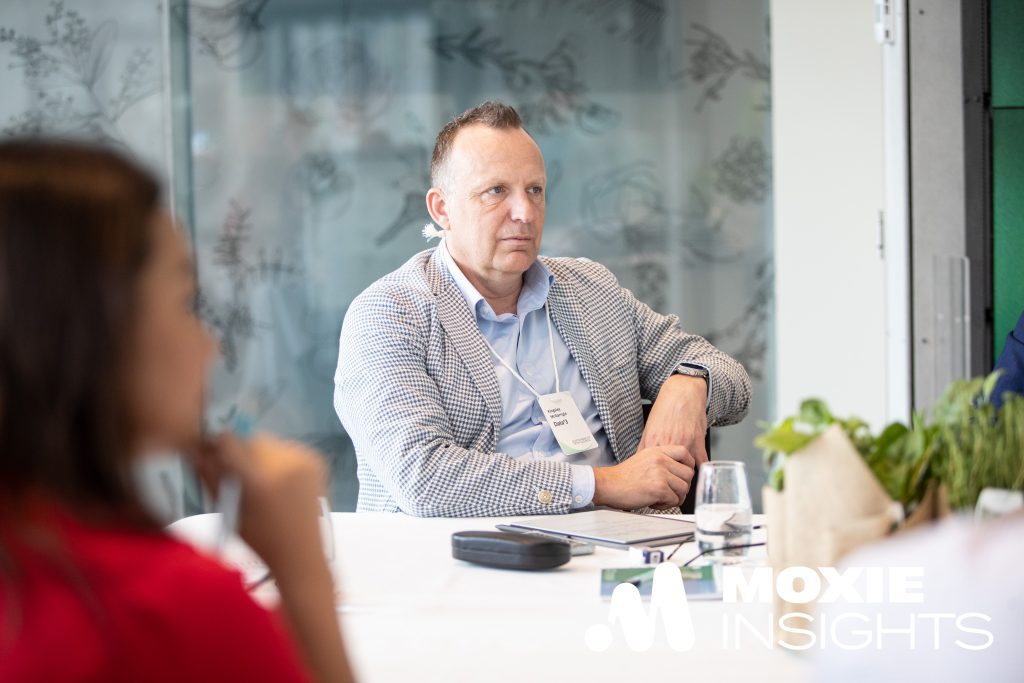
“We have over 6000 customers across Australia and the technology solutions and services that we provide are helping customers drive sustainable outcomes.”
Considered as a “generational change” in terms of how businesses approach sustainability, McGarrigle said the introduction of new regulation will not only help achieve important environmental outcomes but trigger a change in corporate culture in the process.
“Companies now have a real sense of purpose and we’re seeing sustainability become part of that culture,” he added. “But be transparent and honest about your sustainability journey. We still see examples of greenwashing and over-statements around commitments and targets. What we’ve learned as an organisation is to be real and show a plan.”
According to Sustainability Index findings – research commissioned and published by Schneider Electric – the top reasons why Australian businesses are committing to decarbonation are:
Within this context, Irons-Mclean stated that while the commitment to sustainability remains strong in Australia, industry support does come with a caveat.
“Yes, most organisations will have to report or disclose but we’re not necessarily seeing Australian organisations keep the pace compared to other parts of the world, such as the US or Europe,” he cautioned.
“There’s now an opportunity to accelerate action and move away from just focusing on the environmental pillar of ESG and embrace social and governance as well.”
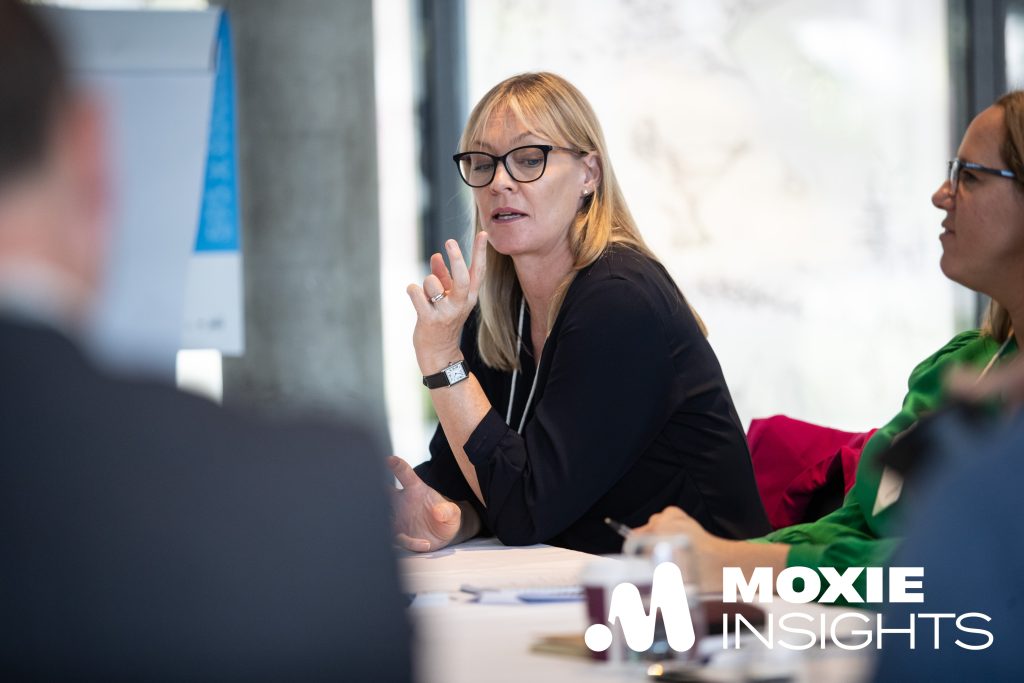
Irons-Mclean observed that most organisations and individuals continue to view sustainability “altruistically”, an issue driven by the greater good and a desire to protect the planet.
“But the reality is that businesses also need to succeed,” he advised. “They need to be profitable and productive as well as being sustainable otherwise they will go out of business. Then we can’t build things or power things.”
For example, benefits could be meeting regulatory and compliance targets or delivering internal operational efficiency from a cost saving, asset optimisation and performance standpoint. This is in addition to opportunities linked to creating net new value and business models, plus reputation enhancement and competitive advantage.
“We’re seeing a shift from this being nice to have vs. critical to have,” Crothers advised. “But businesses also need to understand how to get started.
“Most sustainability initiatives are driven from management and are not always fully understood within the wider organisation. It’s critical that all teams are up-skilled and educated to understand how they can contribute towards helping their company make that sustainability journey happen.”
As outlined via Sustainability Index – which surveyed more than 500 business decision-makers in Australia – the leading barrier preventing organisations adopting sustainable solutions is a lack of financial resources (41%) and a lack of government incentives (41%), ahead of the issue not being viewed as “urgent or material” for the company (38%).
Other key challenges include a lack of expertise on how to implement sustainable technology (37%), difficulty moving from strategy to action (33%) and a shortage of dedicated personnel / training to drive adoption internally (28%).
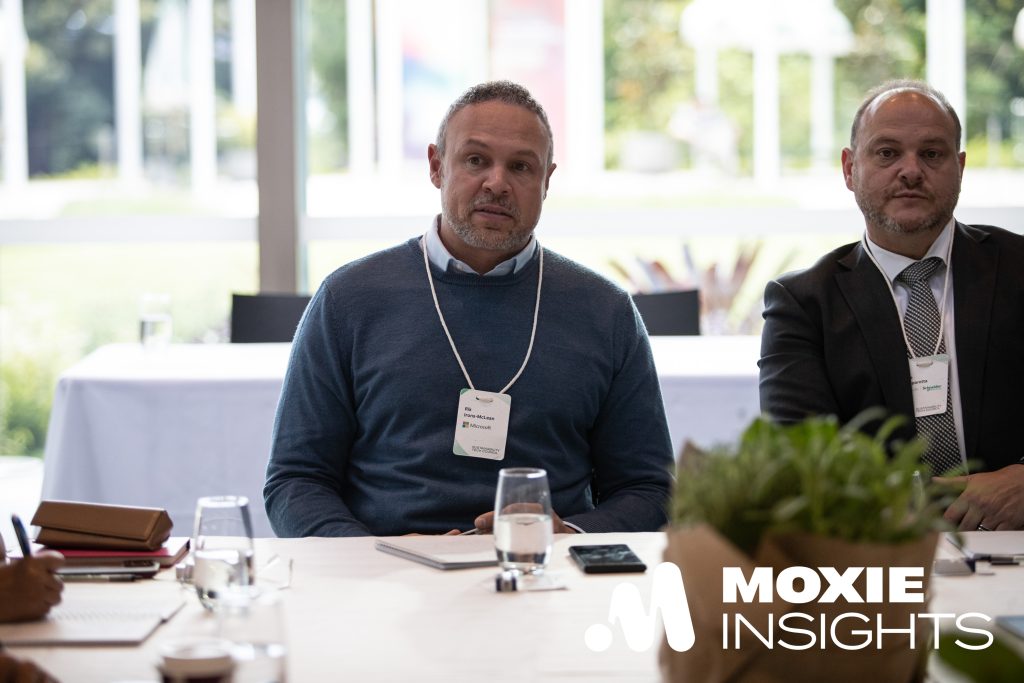
“Businesses must start considering their own suppliers and what sustainability credibility they actually have,” Crothers detailed. “Companies will be examining their vendors and suppliers going forward and will start to drive this agenda themselves.
“It’s important for organisations to have their own house in order and there’s no time to waste. We have to make this transition now and it’s critical that we’re all moving forward together.”
In looking ahead, Crothers advocated the importance of cross-industry collaboration in advancing sustainability action in Australia, supported by increased governance and transparency.
“This Coalition represents a very good start on that journey,” she noted. “We’re bringing together people who can make a difference from across the industry and can start to solve some of these issues as a group.”
Building on this, Irons-Mclean said that – in addition to upcoming regulation at national and regional levels – encouraging organisations to look beyond short-term profit margins will also be mission-critical in kick-starting progress.
“This will be a challenge in the current economic climate but organisations must be transparent in what they are doing,” he detailed. “We must create future-looking initiatives, goals and objectives but also drive short-term action.”
View the launch of the Sustainability Tech Coalition in photos:
Inform your opinion with executive guidance, in-depth analysis and business commentary.